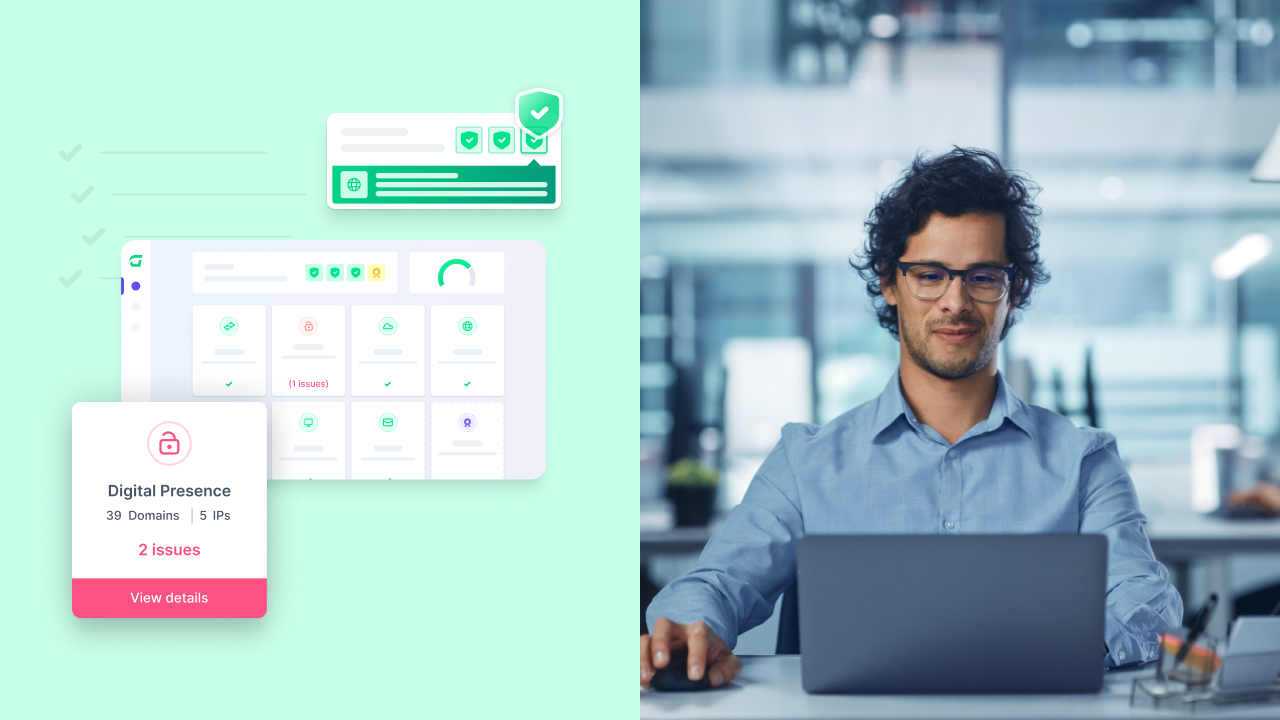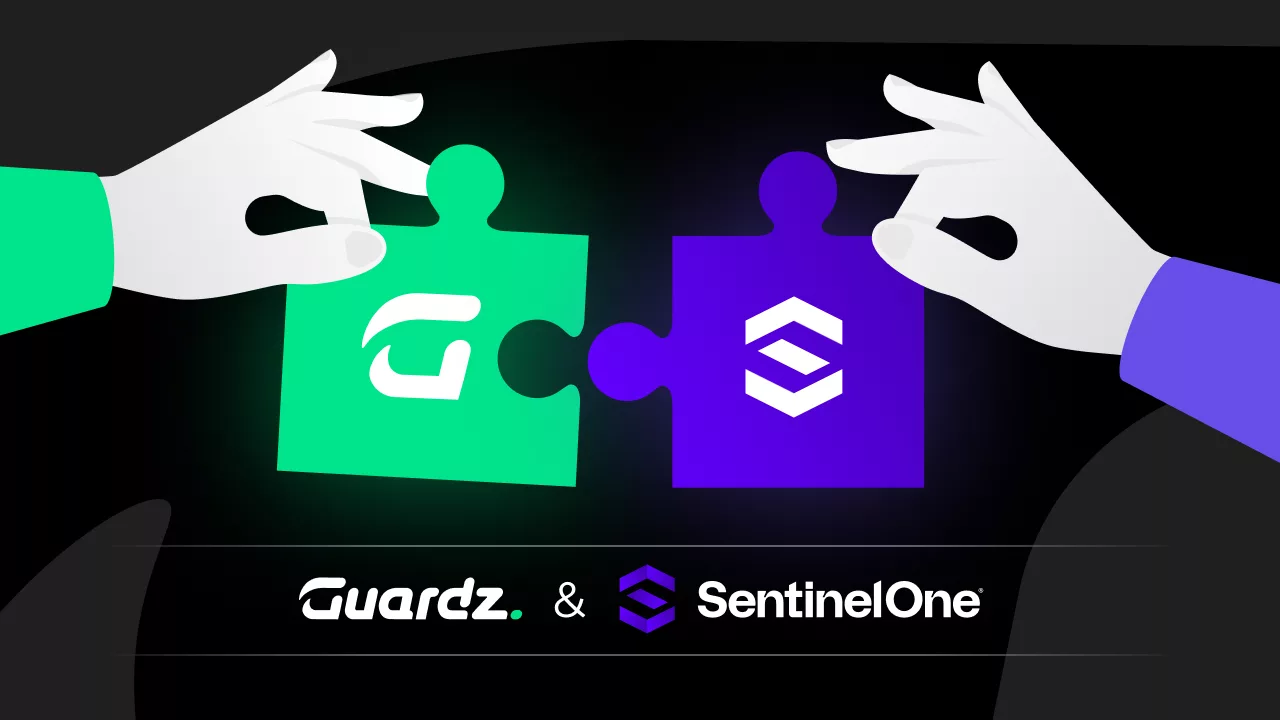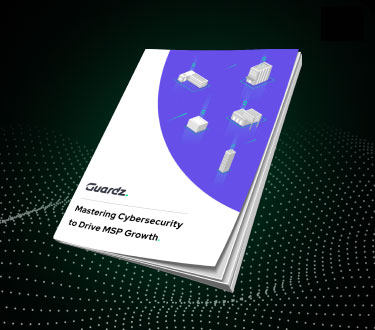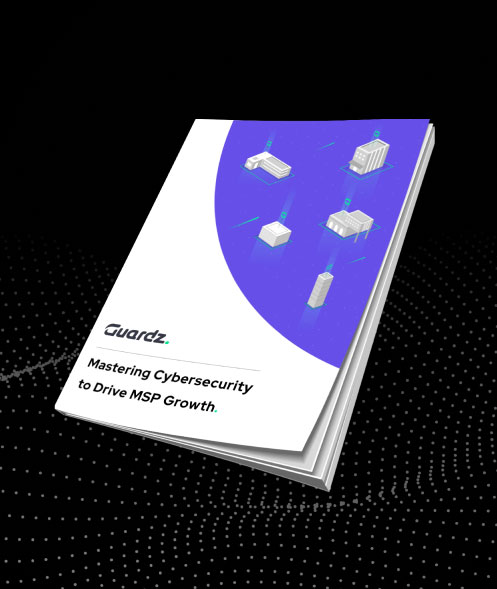The internet has given us so much freedom. We work from home and can manage a small business from anywhere. With a smart device and an access point, we are connected to all our friends all around the globe. But this freedom comes with a cost, and sometimes, it is a heavy one.
Antivirus Software
Basic antivirus software comes preinstalled with most Operating systems, such as windows. They scan your computer and alert you if a virus or malware is present or downloading. It can even restrict access to some applications and prevent you from running its malicious code.
Some antivirus software can scan your browsing activity and emails as well.
Once a virus or malware is detected, you can delete it, contain it, or restrict its access and run it in sandbox mode if you trust its source. It is always important to update this software since new threats are introduced all the time, and an automatic update is even better.
Zero Trust – Trust no one
Zero Trust security is a robust and enhanced cyber security solution. Unlike other cyber security measures, zero trust authenticates, monitors, and validates users inside and outside the system. It basically trusts no one.
It goes far beyond two-factor authentication by restricting users to certain information and suspects other users trying to access information they haven’t accessed before as a potential threat.
It’s a complete perimeter for your firm that can be annoying at times but adds an extra layer of security and addresses modern post-covid challenges such as employees accessing cloud data on their less secure phones and personal computers.
Cloud Backup
Cloud backup is important and can be used as a last resort in case of an attack. It usually works well with ransom attacks that encrypt your files on your local machine.
With the system baked up entirely on the cloud, you can go back to the day before the attack and retrieve all your lost data.
With large companies, it can mean the difference between paying the attackers hundreds of thousands of dollars and paying zero money, and with small business firms, it can mean the difference between life and death.
Large-scale attacks usually try to encrypt all data, even the backups, but a strong cyber security cloud backup may help you to live (or work) another day.
Conclusion
We see that although cyber-attacks can harm, attack, and restrict your business, in many ways, there are also different types of cyber security measures to defend from it.
Be at a small step like 2FA or antivirus software, or large-scale defense perimeters such as zero trust security or cloud backup, there is a way to protect your precious and sensitive data. For more information about defending your business today, contact us here.
How likely is your business to survive an attack?
The United States Securities and Exchange Commission (SEC) conducted research showing that about 60% of SMBs go completely out of business within six months prior to a cyber-attack or a data breach. Let that sink in for a bit. More than half of Small and Mid-size businesses are completely obliterated once attacked. You actually have a better chance to call a coin flip than to survive a cyber-attack if you aren’t prepared. And it doesn’t end there. According to a new report by Barracuda Networks in March 2022, a security company provider for networking and storage products, small businesses are being targeted more. “small businesses are three times more likely to be targeted by cybercriminals than larger companies.”, the paper mentions. The report analyzed millions of emails from different companies, big and small, and found the alarming conclusion that “a small business with less than 100 employees will experience 350% more social engineering attacks than an employee of a larger enterprise.” But before we dive into the types of cyber security solutions, we need to further understand some of the categories of cyber security.What are the different types of cyber security?
The world of cyber security is massive and ever-expanding all the time. As hackers become more sophisticated, we need to increase our protection to defend ourselves from new and improved attacks. Here are the cybersecurity categories you may want to take notice of:Network security
Your network is the front gate an attacker needs to bypass in order to get into your system or device. It is usually protected with a router and local firewall to prevent and detect incoming threats. Network security is usually established with a set of policies, processes, and practices conducted on both hardware (firewalls, routers, etc.) and software (antivirus, VPN, etc.). Network security protects your network and data from incoming attacks, it can improve performance, create a local network between computers in the same office, optimize internet connection, and more. Without it, your data and your entire network are at risk from both incoming attacks at the office and at home.Information Security
Your data is probably one of the important thing your business holds, if not the most important. It consists of private information, such as a user base with personal details and inside reports like PNL; some even have trade secrets and patent applications. It goes without saying that losing this data, or worst, having it stolen, is something you wish to prevent. Information security is one of these types of cyber security that can help you protect and keep your data safe. Securing your data can save you money and even save your business. Securing it isn’t easy since data is all around us, and our end devices aren’t secure the way we want them to. One way you can do this is to access sensitive data in sandbox mode or via VPN, it’s like an island that only you can access. There are also other methods we will discuss later in this article.End-user security
We can’t always predict the behavior of human beings. This is the center point for end-user attacks. Even if we are always careful and use VPNs, anti-virus, Firewalls, and more, we can still fall victim to hacking. The hackers know this and use psychological methods to get into our system. Ever received a “We have detected unwanted activity. You need to change your password” from your LinkedIn email, and the email doesn’t look to be from LinkedIn? This is a classic phishing attack, the hackers lure you into a bogus login website for LinkedIn, and if you insert your real user name and password, they steal it and lock you out. Unlike network or internet security, the results of this attack are usually smaller. For example, the hacker uses a phishing attack to take control of your social media account and offer to sell you the key to the kingdom for a price. What is this price? It depends on the data the hacker finds and its value. We need end-user security to protect us from ourselves and our employees.Application Security
Every organization uses advanced applications. It can be an email client, CRM, billing system, project management software, and more. Hackers see each and every one of these as a potential entry point. Also, if your company develops its own software, you need to protect it with the best application security or AppSec. No app is 100% secure, software vulnerabilities are common, but you need to know which vulnerability is crucial and which isn’t because the bad ones can end up giving the keys to your kingdom to bad actors. As applications become more robust and advanced, the data they hold becomes more valuable to hackers, and losing it may pose a detrimental risk for the business. One way to defend from this is to move your data into the cloud to protect it against bad actors, but know that clouds, even big and secure ones, can be hacked as well.Infrastructure security
Infrastructure security, as the name suggests, is designed to protect infrastructure. We are talking about critical infrastructures, such as airports, highways, sail transport, hospitals, network communications centers, media, electricity grid, power plants, and more. This type of cyber security is made to limit attacks, vulnerabilities, and sabotage to these infrastructures, and yes, we are now talking about cyberterrorism. To be sincere, we need infrastructure security to maintain and run a country properly. Hackers accessing the electricity grid, or the main water system, is bad news. Yes, they can shut down the power, but they can also contaminate the waters and cause immense damage to the population. Cyber-attacks at this level are usually handled by official government departments meant to deal with cyberterrorism. They use all the securities mentioned above to prevent a massive attack, usually with an incredible scale.How can we defend?
You now understand that big, midsize, or small businesses may face many dangers and attacks. Now, what can you do to defend from them? Fortunately, many cyber security solutions help you on your journey to securing your business from top to bottom. We can’t go over all of them, but we will try to emphasize the important ones.
Categories:
Cyber Security
- Share On:












